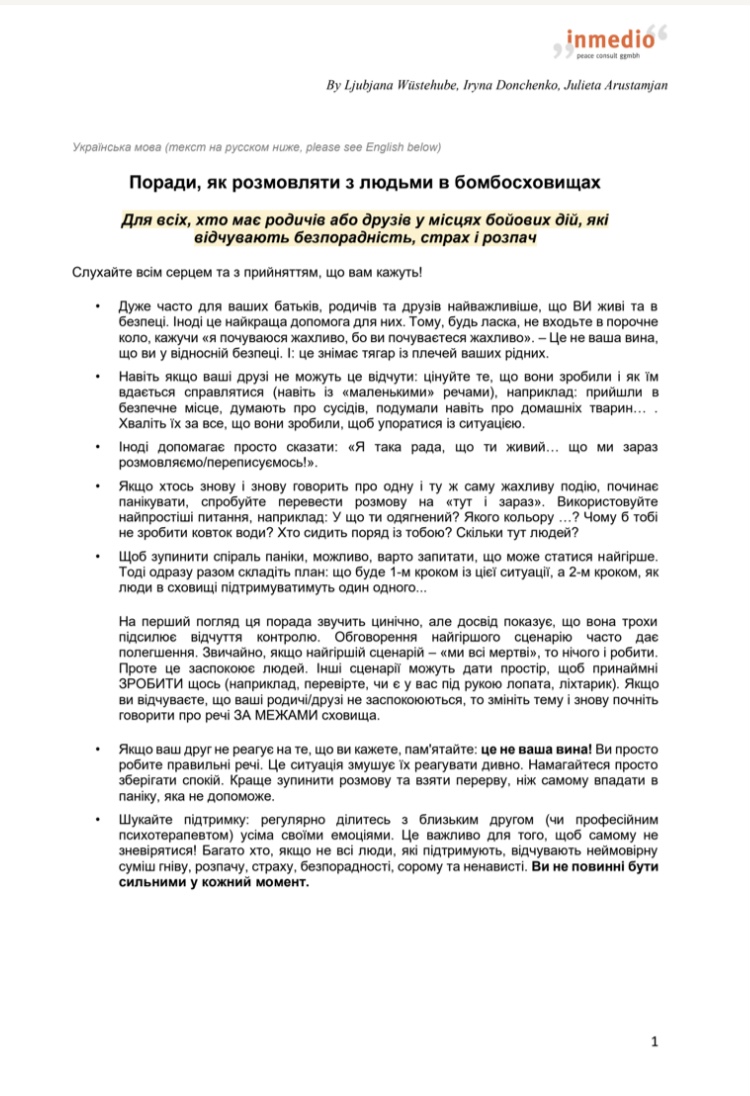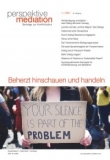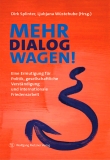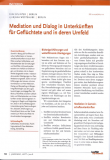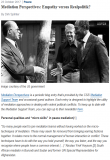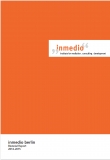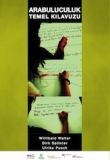Publikationen
How to talk to people in bunkers
How to talk to people in bunkers
Mehr Dialog wagen!
Mehr Dialog wagen!
Blind Spots in Russian-Western Narratives on European Security
How can we get from contested narratives on the evolution of European Security after 1989 to improved understanding within the OSCE? A Russian-German dialogue project discussed this difficult question at two workshops in Moscow and Berlin. The 20 participants managed to find consensus on a jointly drafted report. Innovatively, the project focused on so-called „blind spots”– events that figure prominently in the narrative of one side, but are overlooked or neglected in the narrative of the other side.
Mediation und Dialog in Unterkünften für Geflüchtete und in deren Umfeld
Sowohl in Bezug auf Konflikte zwischen Geflüchteten in Gemeinschaftsunterkünften wie auch Konflikte zwischen Geflüchteten und Mitarbeitenden der Einrichtungen und Konflikte mit Anwohnenden existiert eine Vielfalt von Erfahrungen und Ansätzen, die in diesem Artikel dargestellt werden.
